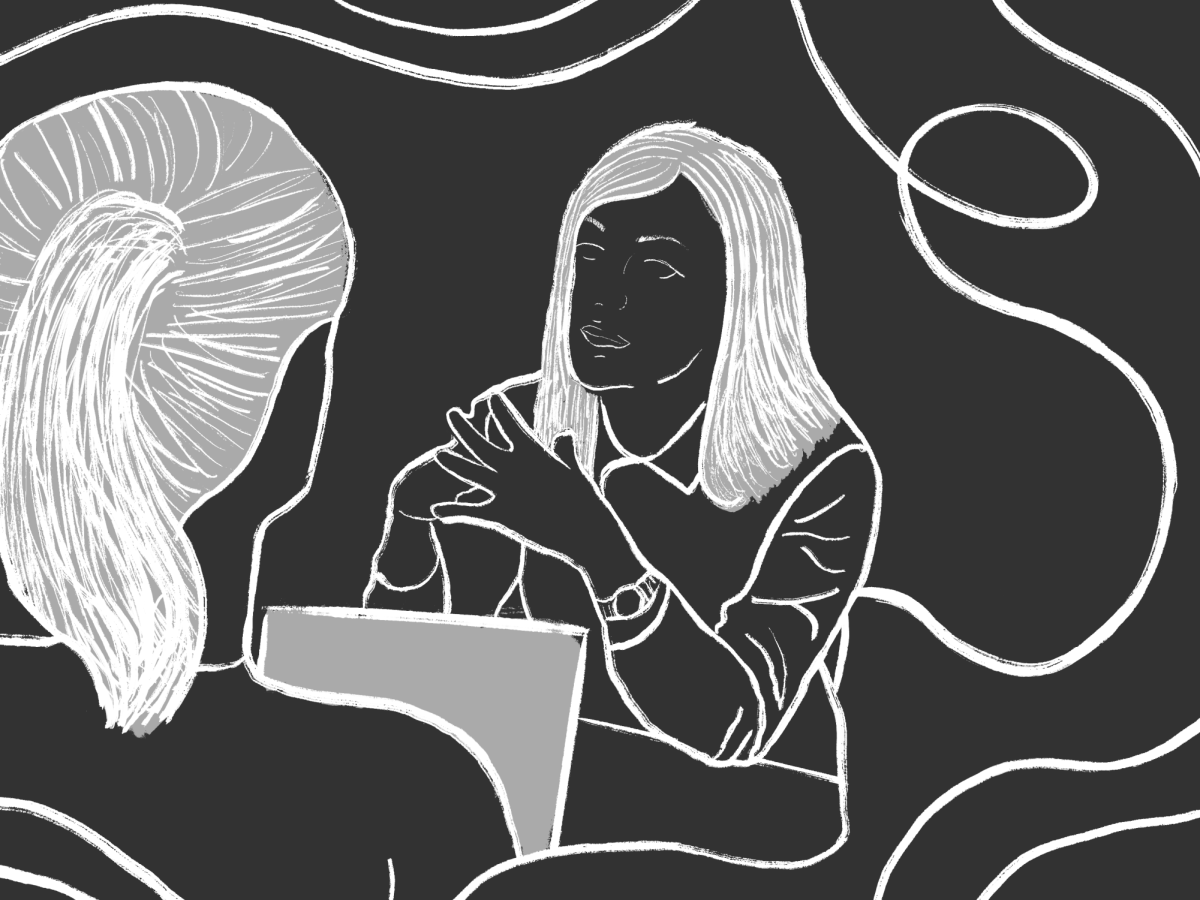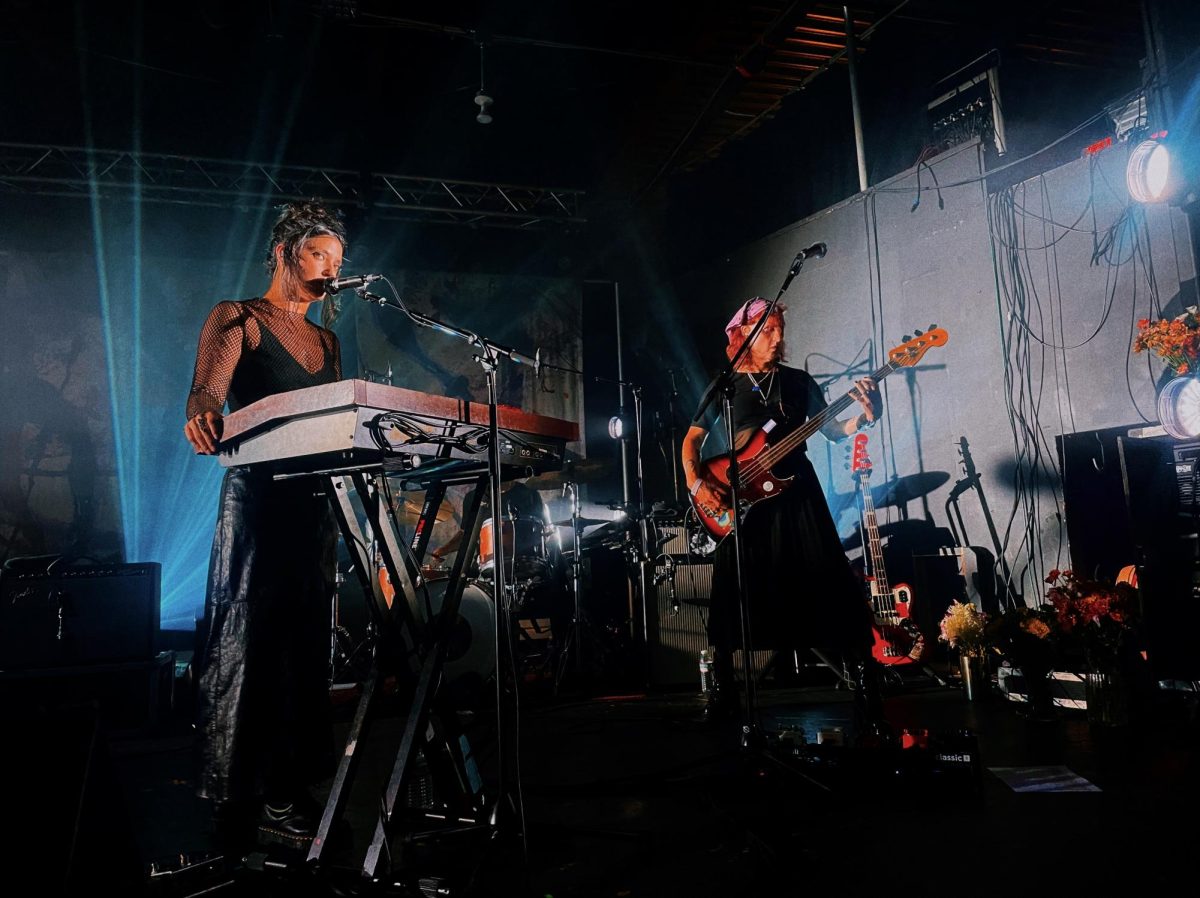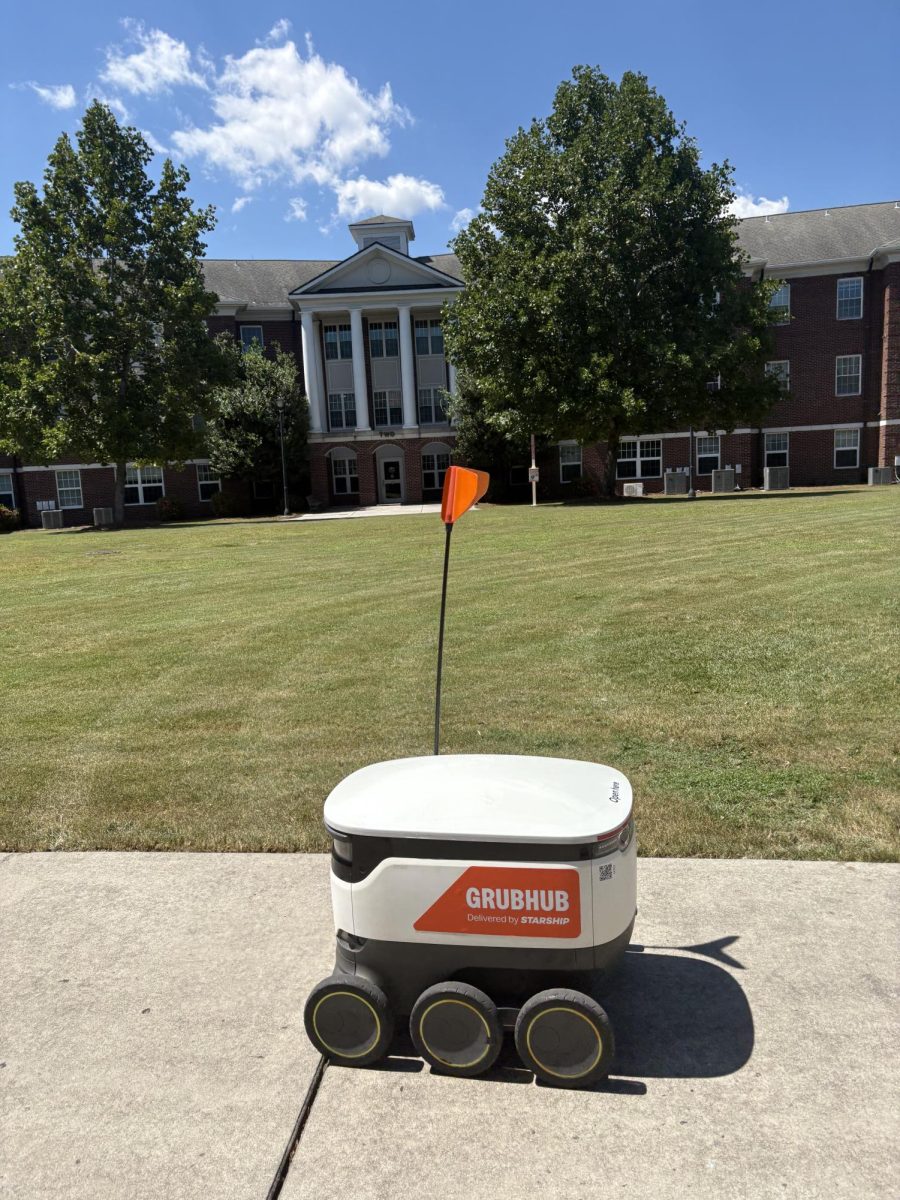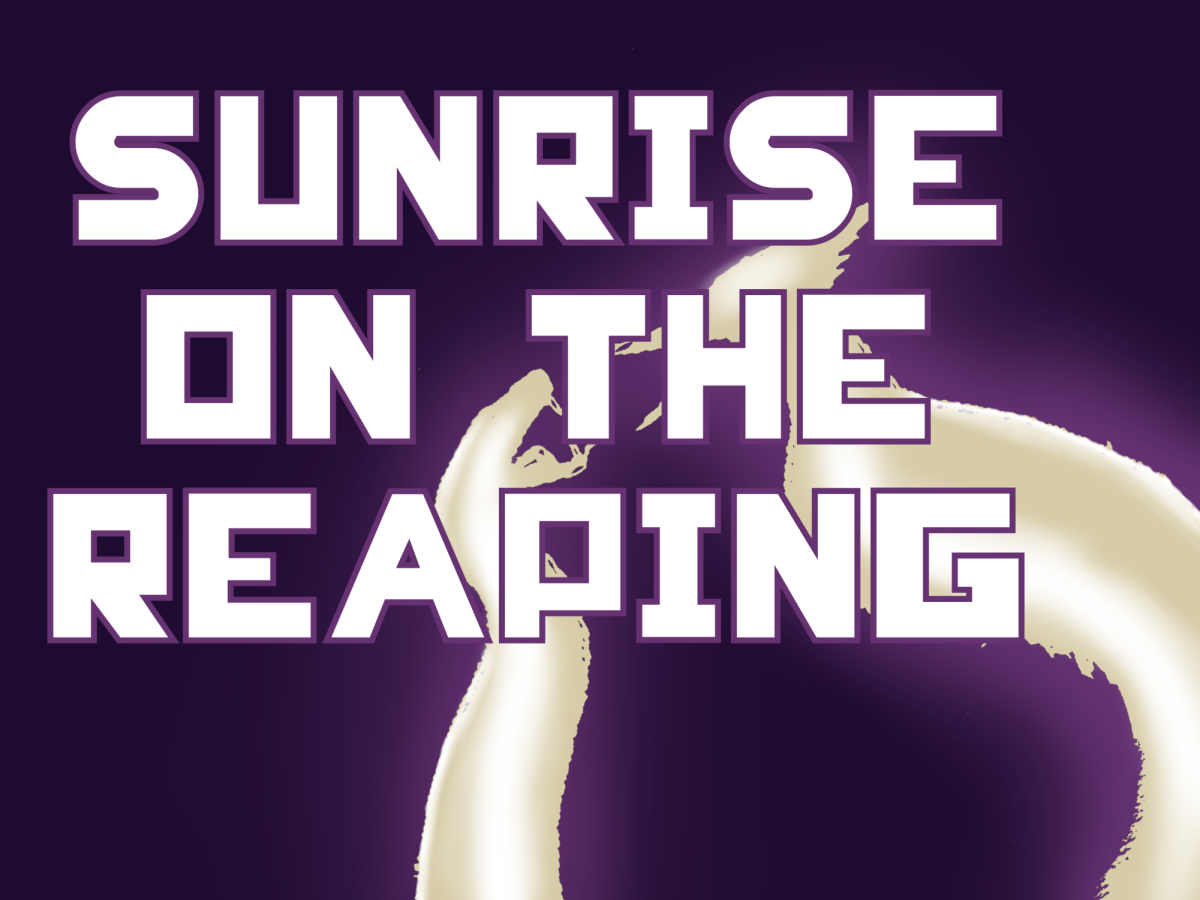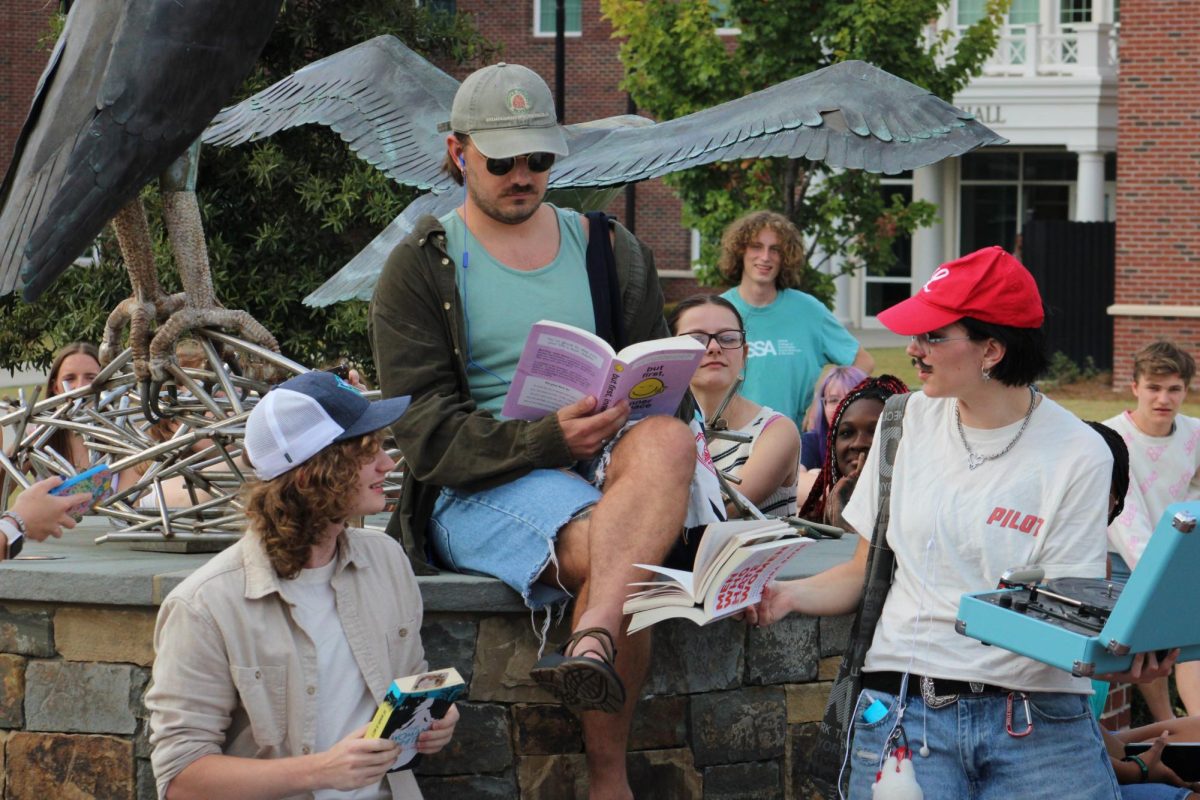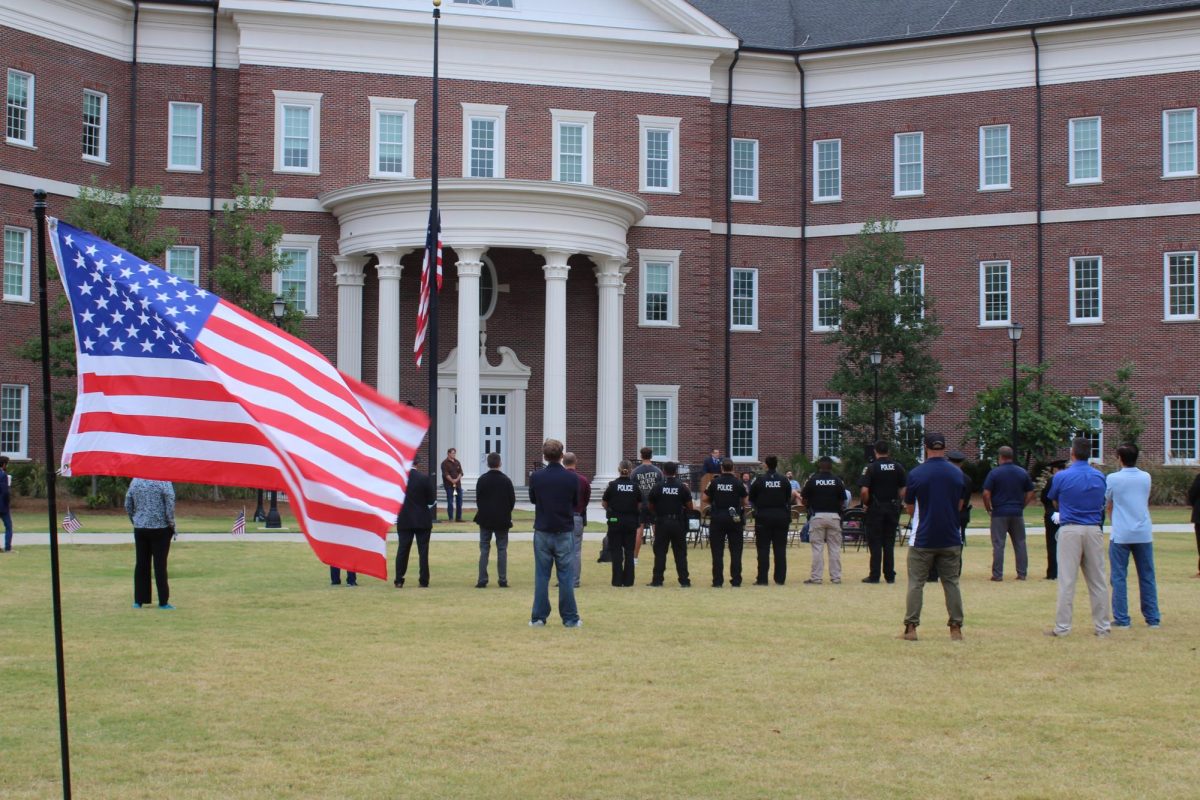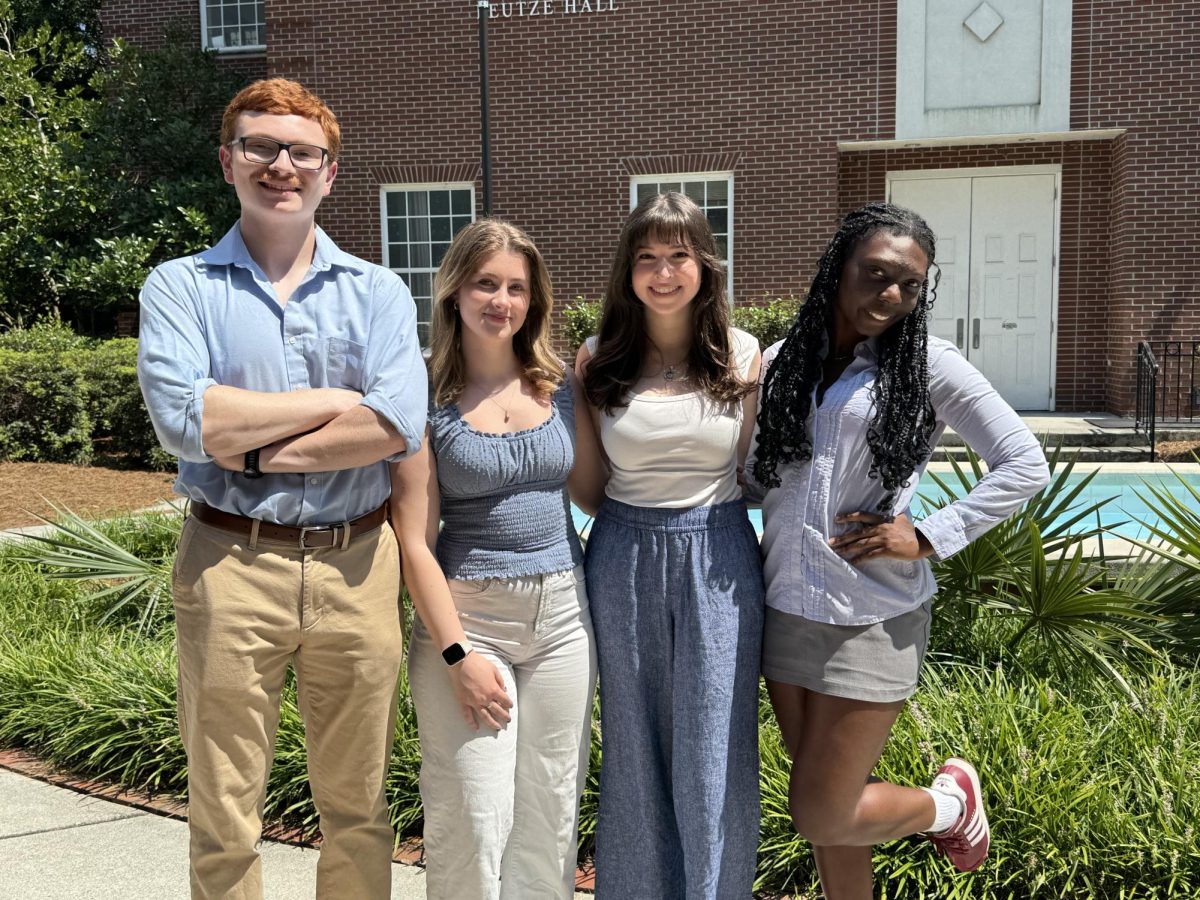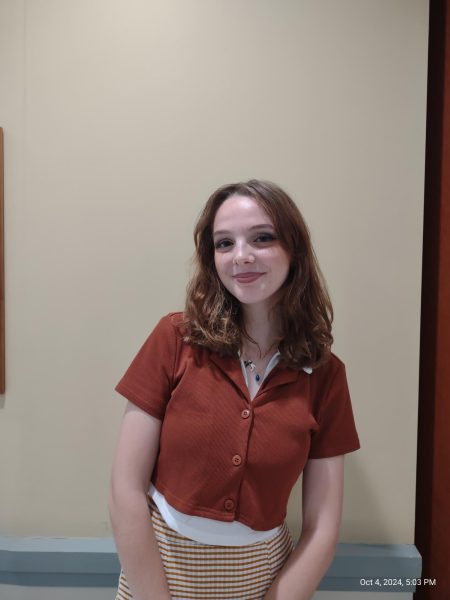
To address student concerns, the Student Government Association hosted a “Critical Conversation about DEI.”
In August 2024, UNCW closed its Office of Institutional Diversity and Inclusion. Following after, Upperman, Mohin-Shultz and Asian cultural centers were moved from under the former DEI office to Campus Life. In the process, the cultural centers’ former directors were removed from their positions in the centers and offered different positions within the university. This information was made public throughout the summer of 2024 through university postings and local news.
On Sept. 17, the SGA hosted a public talk between the chancellors and students to talk about UNCW’s DEI changes. Approximately 26 students came to ask questions and hear from Provost Jamie Winebrake, Vice Chancellor Christine Davis and Chancellor Aswani Volety.
The director of Diversity and Inclusion of SGA, Lilli-Anne Ogaard helped organize and facilitate the event.
“The goal was to have it as soon as possible… the word that I heard from students was they had seen the Vice Chancellor,” said Ogaard. “They felt like they could contact SGA, but they felt like they hadn’t heard anything from Chancellor Volety.”
The director believes the opportunity of talking with the chancellors directly about these issues might provide clarity about these changes. Up until this event, all information about UNCW’s changes have been published through university postings and local news.
In the forum, Volety, Davis and Winebrake explained how these changes may affect students, specifically, potential benefits from the change.
In May 2024, the Board of Governors voted against a diversity, equality and inclusion regulation policy in favor of a more neutralized policy. The regulation policy established the office of DEI. The new policy does not call for the Office of Institutional Diversity and Inclusion but shifts towards the success of the students.
Stated in section six, “Campuses shall continue to implement programming or services designed to have a positive effect on the academic performance, retention, or graduation of students from different backgrounds, provided that programming complies with the institutional neutrality specified in Section VII of this policy and/or other state and federal requirements.”
Institutional neutrality stated in section seven refers to avoiding current political and social issues.
“The office had to disband. That is directly in the policy,” said Ogaard.
Since the policy emphasizes the success of students, the cultural centers have been restructured as a part of Campus Life and to oversee the centers the Multicultural Student Success and Resource Center has been designed within Campus Life.
“There is currently no desire or intent to change those spaces or remove those spaces,” said Ogaard. “They’re just under a new title.”
The chancellors and provost proposed a few benefits to the restructuring. In comparison to the former Office of Institutional Diversity and Inclusion which had 16 staff members, Campus Life oversees more departments such as student clubs and organizations, sororities and fraternities, student media and student involvement activities. Since Campus Life is a large department at UNCW, the MSSRC has been established to focus on the cultural centers.
In the centers, 16 staff positions were eliminated. The staff from these former positions were offered positions in various departments within the university. Some positions are in campus life or in academic affairs. The centers are now overseen by coordinators.
The decrease of staff in the centers has brought up concerns about the consistency and quality of programming the centers will have.
“The programming is allowed to stay,” said Ogaard. “Larry Wray, who is the Campus Life director is incredibly supportive of the centers, and he wants to make sure that all the programming is staying.”
Since the beginning of the fall semesters, some of the centers have been active in hosting events and continuing with programming.
For example, Centro Hispano has hosted several events such as a Dia de los Muertos party and weekly forums called Habalmos Juntos.
This past semester, the Asian Heritage Cultural Center had a mindful meditation night and a calligraphy night.
Upperman African American Cultural Center had their open house and have a weekly forum called Black Table Talk. However, because of the neutral policy staff cannot bring up political or social justice issues. Instead, the staff allow students to lead the conversation and topics to discuss. Topics range from what students have seen in the news about the presidential election to personal challenges they might have preparing for the next semester.
Mohin-Shultz LGBTQ Center hosted a Halloween party and different forums in the week. To help students to find their community.
Although the centers have been active in hosting several events since the beginning of the semester, returning students are concerned about if bigger signature events these centers have hosted in the past will happen in this academic year due to fewer staff in the centers.
“We’re still coordinating with the centers,” said Ogaard, on behalf of SGA. “We’re still doing networking events with all of the colleges. We have a couple of things that are currently in the works to hopefully cover for some of the lost programming of OIDI… just trying to maintain some semblance of normalcy for students.”
Amidst the changes concerning UNCW’s DEI policies, the university’s stance toward hate crimes remains the same. In the DEI discussion, a student asked if the university’s policy towards discrimination or harassment would change.
“Hate crimes, hateful behavior, hateful rhetoric is protected by law,” said Ogaard. “Title IX is federal.”
According to Ogaard, coordinating another forum like this is doubtful because of a developing student council. During Ogaard’s freshman year, there was a student council for the Office of DEI in which student representatives talked with the vice chancellor about how to improve with the centers. As an upperclassman and member of SGA, Ogaard will be part of the new council for the MSSRC.
“That is a space where students representatives from each center, myself and the vice chancellor will be able to get together,” said Ogaard. “And give feedback on the centers and give feedback on student experience to the vice chancellor directly, and it will be more regularly.”
For students who have more questions, the SGA has a page with more information about the policy. Students can also email questions about the policy to [email protected].



